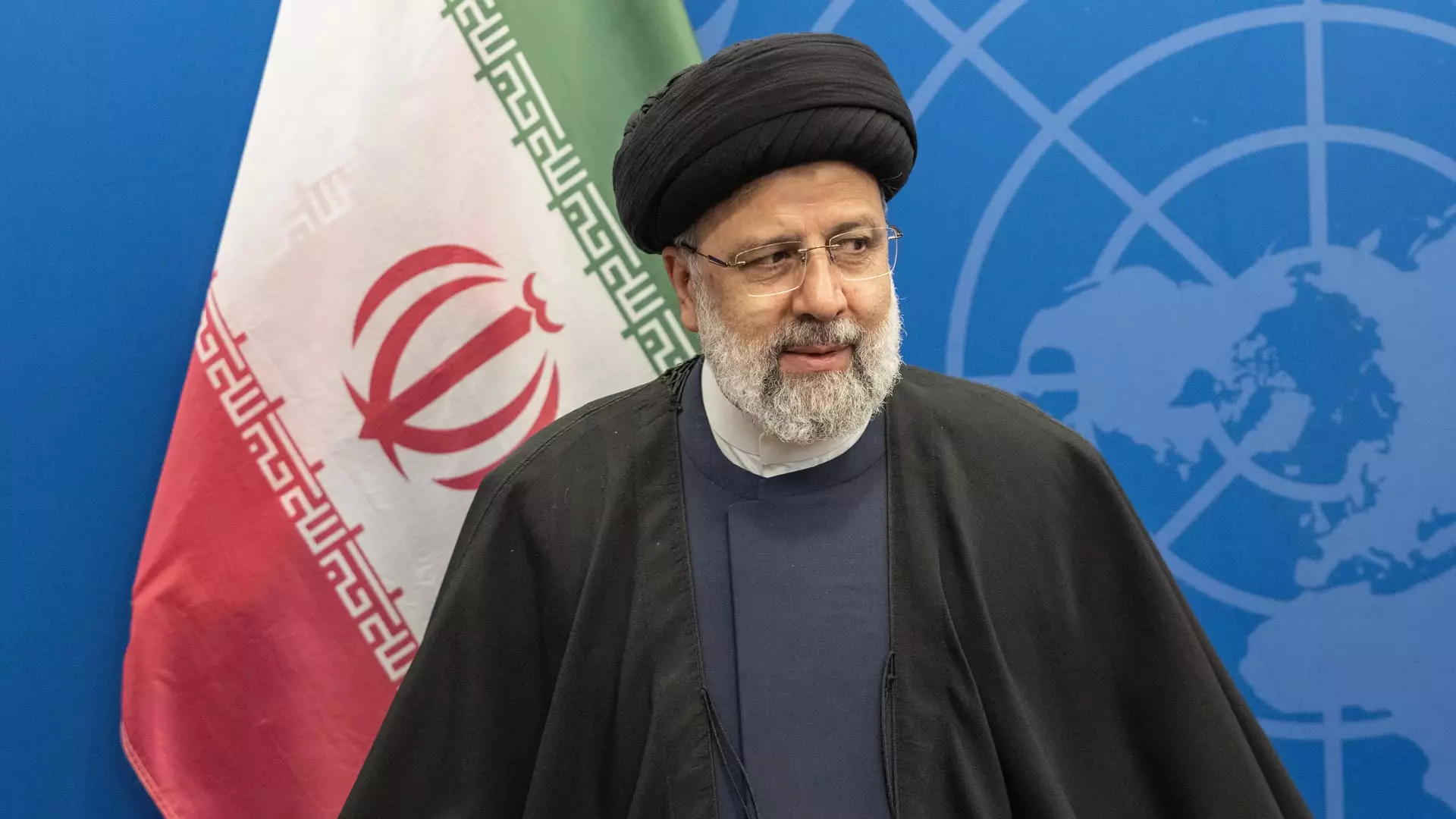The tragic helicopter crash that resulted in the death of Iranian President Ebrahim Raisi has sent shockwaves through Tehran, casting a shadow of uncertainty over the nation. This event comes at a time when Iran is already grappling with economic decline, internal dissent, and external conflicts, making the situation even more precarious.
With Raisi’s sudden passing, there are concerns about who will step up to lead the country and what direction Iran will take in the future. Some analysts speculate that the powerful Islamic Revolutionary Guard Corps (IRGC) may use this opportunity to exert even greater influence over Iran’s political landscape. The IRGC’s role in shaping policies and decision-making processes could become more pronounced during the interim presidency.
Despite the leadership transition, experts believe that Iran’s foreign policy is unlikely to undergo significant changes. The strained relations with the United States and Israel, as well as the ongoing conflict in the Middle East, are deeply entrenched issues that are not easily resolved. The new leadership will likely continue to maintain a confrontational stance towards Western nations and regional adversaries.
The death of President Raisi presents a significant challenge for Iran, especially as the country grapples with internal discontent and external pressures. The upcoming election within the next 50 days will be closely watched to see how the political landscape evolves and whether any new leaders emerge to steer the nation through these turbulent times.
It is important to note that while the Iranian President holds a prominent position, the true power in Iran lies with the Supreme Leader, Ayatollah Khamenei. The President serves at the Supreme Leader’s discretion and does not have the same level of autonomy or authority as leaders in Western democracies. This dynamic plays a significant role in shaping Iran’s domestic and foreign policies.
The death of President Ebrahim Raisi has created a void in Iran’s leadership that raises questions about the nation’s future trajectory. As the country navigates through a period of political transition, it will be crucial to observe how various factions vie for influence and how Iran’s relations with key global players evolve. The coming months will be pivotal in determining the course of Iran’s destiny and the impact it will have on the wider Middle East region.

Leave a Reply